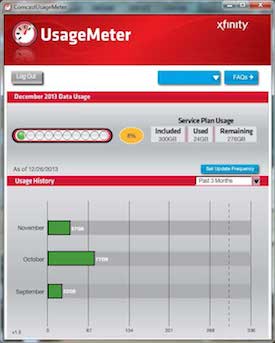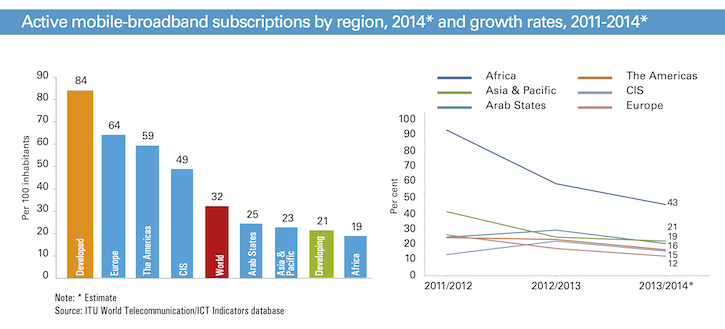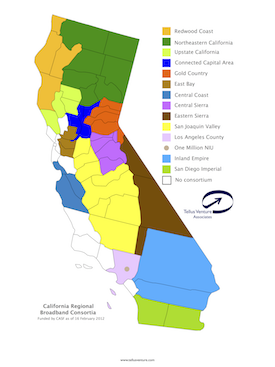Locking down home automation means locking out success

The best thing to do if you’re developing a home automation product is to allow it to be controlled by someone else, Ryo Koyama, CEO of Weaved, told Parks Associates’ San Francisco Connections conference this week. Hardware designers need to harness the brain power of app developers. “Let them define the killer app that sells your product”, he said.
Koyama was speaking on behalf of Qualcomm and its AllJoyn platform, which is an attempt to create a common interoperability protocol for the Internet of Things.… More









